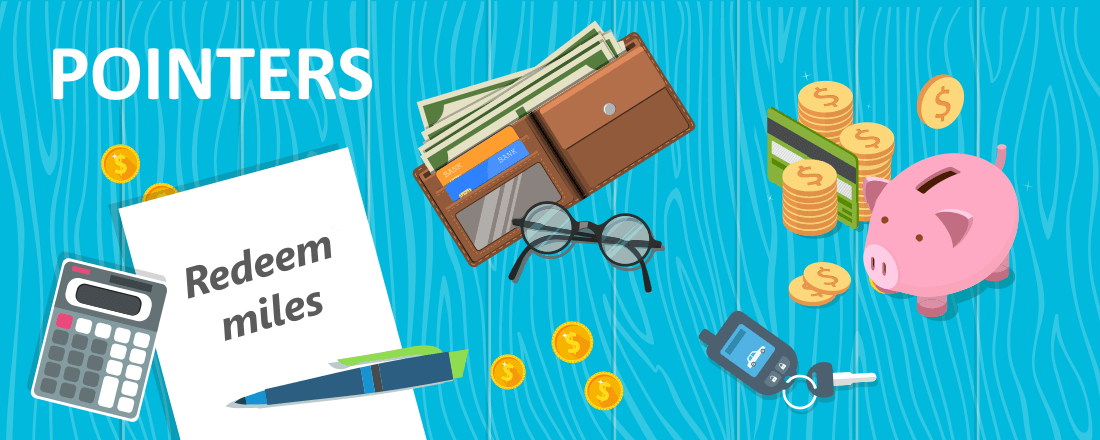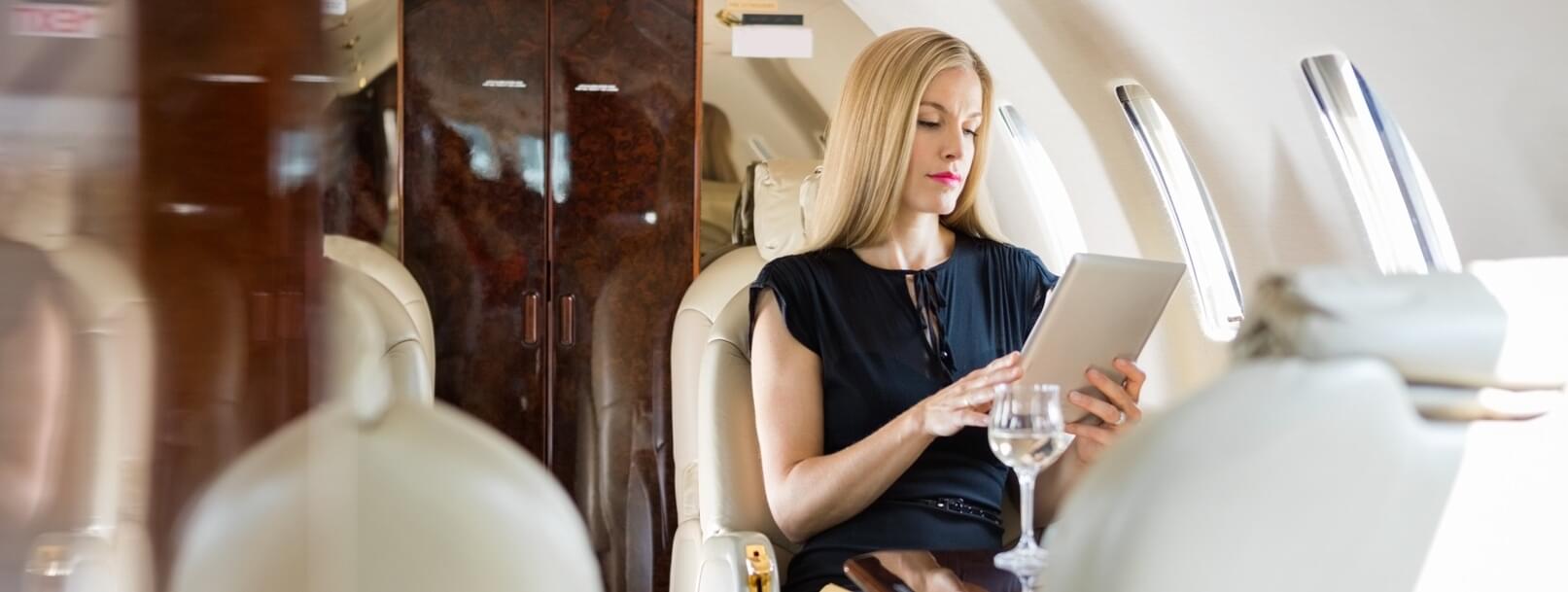
When you
But would I have been as excited to redeem those miles for a $100 value instead of a $500 value? Probably not bn. So how do you know if you are getting a good deal when you redeem your miles for a flight? I think there are two main factors to consider when trying to evaluate the value of a redemption. The first one is subjective, the second one is mostly plain mathematics.
Does it make sense for me? Am I happy with what I am getting out of my miles?
I think that’s the first question. Of course, we might want to get the highest possible value out of our hard-earned points and miles, but ultimately you may be happier getting simply decent mathematical value out of your points rather than chasing the top-end reward that does not fit in your travel plans. I’ve gone out of my way to fly aspirational awards that did not fit my travel plans very well and found those flights to be more trouble than they were worth. Also, when it’s mathematically almost equivalent to pay cash and use miles, that’s the question you need to ask yourself – do I want to use my miles now, and for this?
Onto the math now. First of all, it is important to realize that we are dealing with a lot of different currencies when we talk about miles. But it’s not nearly enough to just allocate them some kind of uniform valuation, as some miles may be very valuable for a given type of redemption (e.g. Avios for short-haul economy awards) and quite a poor value for other types of redemptions (for Avios, ultra long-haul in a premium cabin with high mileage cost and often high fuel surcharges).
Then there’s transferable currencies, mainly Amex Membership Rewards, Chase Ultimate Rewards, Citi ThankYou Points, and Starwood Preferred Guest. The fact that they can be transferred to other partners makes them even more valuable. At the very least they are as valuable as the miles that you transfer them to, but considering you have so much more flexibility with transferable points increases the potential value.
As a rule of thumb, I would always compare a flight redemption to the cash price of the flight I am redeeming my miles on. For example, if I redeem 10,000 miles on a $100 flight, I am getting a value of $0.01/ mile – which is pretty low. And in order to be fully accurate, I need to factor in the taxes and fees on the award (which can be several hundreds of dollars, depending on the flight) and the miles I would have earned if I had bought the flight.
So let’s say my flight is a domestic one-way in the US from Boston to Chicago on Delta via Detroit, taxes would be a minimum of $5.60 and I would miss the opportunity to earn some miles (385 as a general Skymiles member, value at about $4.62). So I would only be getting less than a penny per point: (100-5.60-4.62)/10,000=0.089.
Additionally, and this varies by person, I choose to compare the cost of the flight that I otherwise would have paid for, plus a slight premium for additional comforts like premium cabins or more direct flights. Lets say that I’m looking at a flight to Europe that would cost me 100,000 miles in business class. Since I rarely pay for business class out of pocket, I would compare to the cost of the $1,200 economy class price. Since flying business class is much more comfortable, I would add $500 of extra value to the comparable cash cost of my ticket for a total of $1,700. It would also be fair to compare straight up to the $4,000 business class ticket. Assuming there are no taxes on the ticket, you would be getting 1.7 cents per point in value for the adjusted price ticket or 4.0 cents per point in value for the full-priced business class ticket.

As an example, Chase Sapphire Reserve cardholders could consider a good threshold for redemption to be $0.015 per mile: that is the value at which points can be redeemed for flights directly with the Ultimate Rewards travel portal – and you would earn miles on these flights. If the redemption for which you would transfer your miles gives you less value per point, it’s definitely a poor choice.
There are, of course, many other considerations: am I cash poor and miles rich or the other way around? Will I maybe need to cancel this flight (some redemption flights can be cancelled for a small fee when refundable tickets would be thousands of dollars)? For example, it makes sense to get a Flying Blue award for 50,000 miles round trip from New-York to Paris when a refundable fare can be upwards of $3,700 round trip (that’s 7.0 cents per mile if you would actually have paid for that refundable ticket). Flying Blue only charges €45 to cancel, so there is incredible value here if your travel plans aren’t yet set in stone. While math can help, you have to also pay attention to what matters the most for a particular trip.
Another thing to keep in mind is that you will not earn elite qualifying miles on an award ticket, so if you’re just short of qualifying for elite status, you may want to consider a paid ticket to obtain these extra status benefits.
Finally, a word of economics and wisdom: miles are unstable currencies. They get devalued all the time. Hoarding miles for many years is not a good solution while you wait for the perfect redemption: you may end up with a much worse deal than you were planning for if your perfect redemption goes up from 60,000 miles to 80,000.

